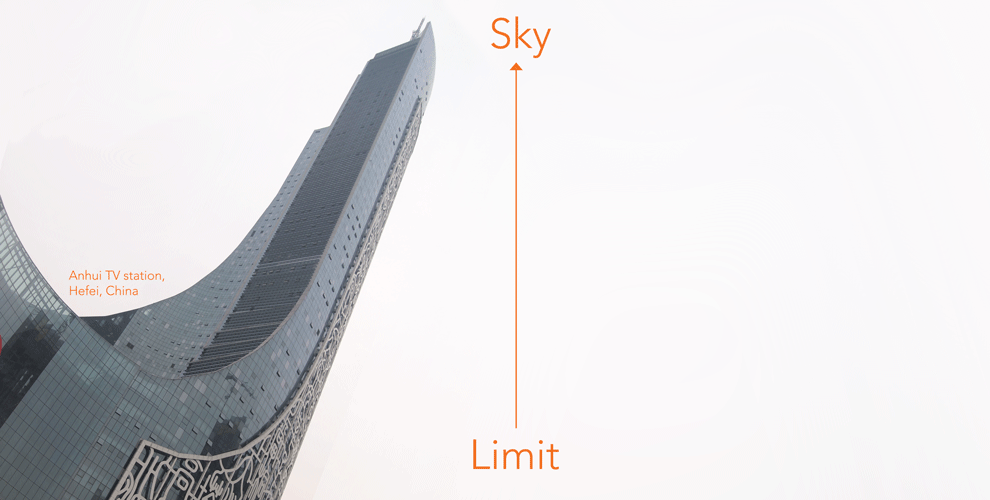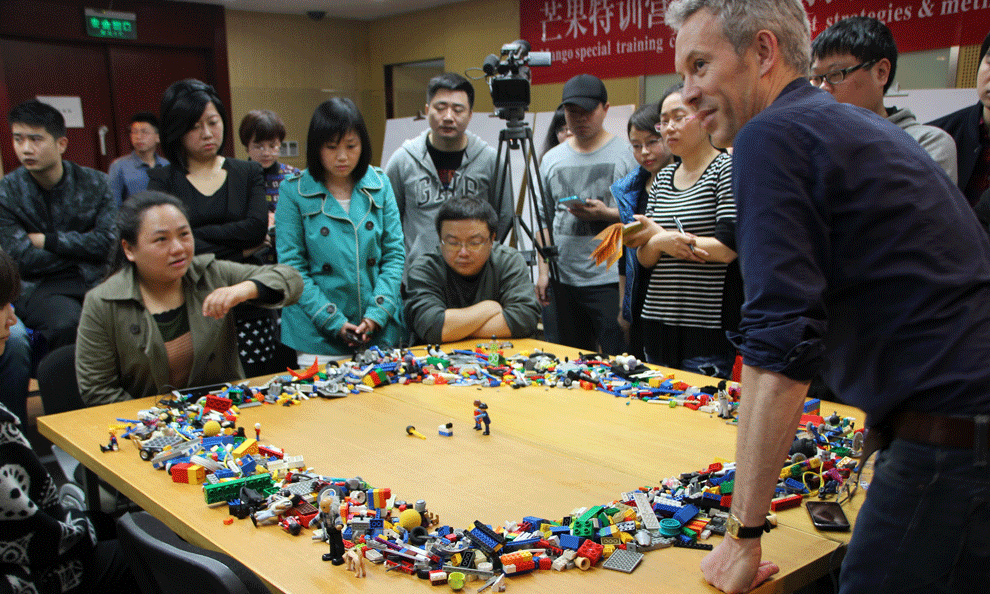9 days with 3 TV stations gives a glimpse of the huge opportunities for domestic format development in China. March ’14.
 Handling Ideas was asked by Beijing based Turn East Media to go out and share its entertainment format development tools to Hunan TV (ranked no.1 in China) in Changsha, Zhejiang TV (3) in Hangzhou and Anhui TV (4) in Hefei. Whilst it was there, it picked up on some of the opportunities that might attract western interest.
Handling Ideas was asked by Beijing based Turn East Media to go out and share its entertainment format development tools to Hunan TV (ranked no.1 in China) in Changsha, Zhejiang TV (3) in Hangzhou and Anhui TV (4) in Hefei. Whilst it was there, it picked up on some of the opportunities that might attract western interest.
Background.
The 90’s saw Chinese shows centering around national celebrities, with everything focusing on the performance. When audiences wanted more, they shifted to the person on the street with exceptional abilities. However, both talent types failed to give up anything more than their craft, perhaps a cultural anomaly reminding us of the tentativeness towards outward forms of self-expression and comment. As audiences become more sophisticated, the search was on to provide the right balance between glitz and substance. Something that wouldn’t alienate those folks coming back from working long hard days and yet would give more than simple ‘TV candy’.
To copy or not to copy?
China was used to ripping-off other country's formats, but then they saw the value in acquiring formats and the accompanying know-how (bibles, fly-in producers etc.). Now they want to develop their own formats for both domestic markets and to license abroad. This creates fewer opportunities for the big foreign indies who want to license into China but opens up huge potential for individual foreign consultants supporting format development and smaller indies who want to pursue co-ventures with rights splits. China may struggle to develop from the blank page, but they can beat anyone when it comes to getting something out the door. And they have funds and massive audiences.
Who pulls the strings?
Format development has to consider the needs of the government’s cultural agency. Most ideas, themes, topics seem to trickle down from up high. Policy sometimes trails behind, catching up sometimes to apply the brakes when there’s a potential conflict of interest, for instance the only audience that can vote on today’s talent shows is now strictly limited to the studio, making shows like X-Factor somewhat less ‘armchair’ friendly.
At the end of the day.
Although under huge pressure to innovate, Chinese TV stations have preferred to swim in the bloodied competitive waters of a red ocean than to have created a blue ocean strategy. As China is so big, there were large enough audiences to make derivative shows work. It’s questionable as to what Chinese people really want from their television and whether they really want to explore more complex emotional journeys when they come home from a twelve hour day or a six day week. A show hasn’t had to be hugely thought provoking in order to have been successful. Any talk of exploring a contestant’s conflict through how they compete seems sometimes buried if not alien. Western formats have been hugely successful, but potentially due to their ability to create solid frames from which to showcase talent rather than anything that might explore contestant motive and conflict; good-looking celebrity hosts and guests with a level of talent seem to be the foundation stone of most formats as well as the explanation for ratings. But if probed, one gets the feeling that production teams see the looming bottom of the talent barrel. China might be huge, but they claim it’s getting harder to find talented newcomers. Perhaps their ability to saturate the market with copycat formats in an incredibly short space of time has resulted in depleted stocks of talent and that’s why there’s an urgency to innovate.
Food for thought.
The recent popularity of western storylines such as the political drama series House of Cards, demonstrates a clear appetite for something more than simple titillation so perhaps the time is ripe for entertainment formats that aim for the head as well as the belly and the heart. What was fundamentally clear from the heads of departments and execs I met is that there’s a strong demand for development that’s fresh, entertaining, engaging and definitely ‘Made in China’.
